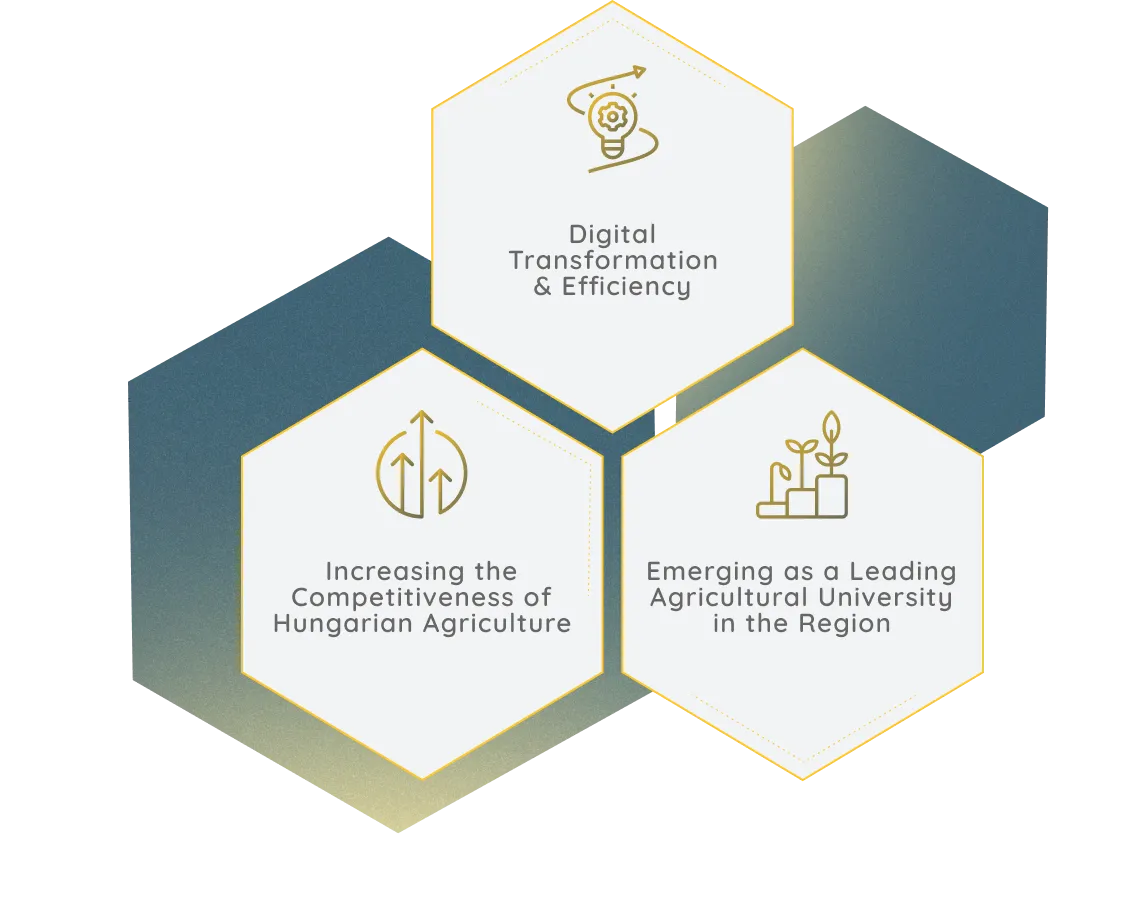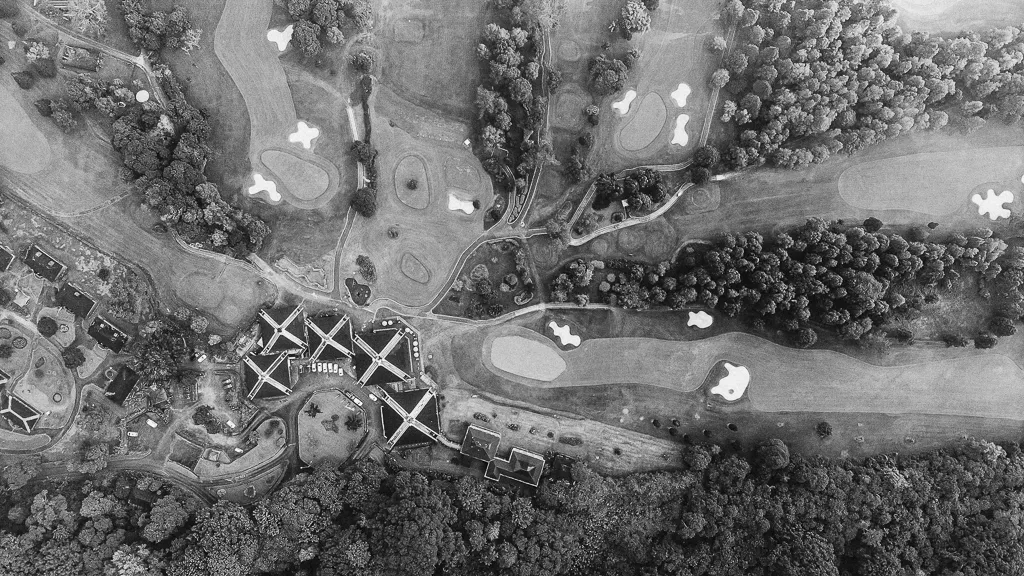Context
Following a significant transformation, Hungary’s leading agricultural university sought to enhance its growth trajectory, transitioning from an average-performing applied sciences institution. The primary objective was to develop a comprehensive strategy focused on increasing its societal and environmental impact by increasing the visibility and global relevance of its scientific contributions and practical applications.
Challenge
The main challenge was bridging the gap between the university’s previous operations, organizational culture, and its new ambitions. It was essential to create a plan that set ambitious yet realistically achievable goals—one that the organization would perceive as an opportunity rather than a burden.
Objectives
The primary goal was to develop a data-driven strategy that would propel the university from the national middle tier to the regional forefront in agriculture within six years.
- Create a strategy that builds on existing strengths while positively impacting areas in need of development.
- Deliver dynamic yet manageable growth for the faculty, accompanied by a cultural shift within the organization.
- Align with the leadership’s vision while contributing to the broader development of Hungary’s agricultural sector.
The Solution
The outcome was a comprehensive strategic transformation plan outlining the university’s path for growth and achievement of its goals by 2030 in key areas. The plan is divided into three phases:
- The first phase in 2024 focuses on quick-win projects.
- The second phase in 2025-2026 implements transformative initiatives.
- The third phase from 2027 to 2030 shapes long-term operations and impact.
A total of 27 interconnected projects are rolled out across these phases, targeting cross-departmental development in seven key areas: digitalization, faculty excellence, teaching excellence, global reputation, repatriating Hungarian researchers, agricultural innovation, and rebranding agricultural studies.

The Impact
The success of the strategic development plan is evidenced by the university’s board allocating significant support for its implementation. In 2024, implementation began with seven projects, including organizing a community of the top 100 industry players in the domestic agricultural sector, thereby making a real impact on the university’s alliance with the local agricultural community.

